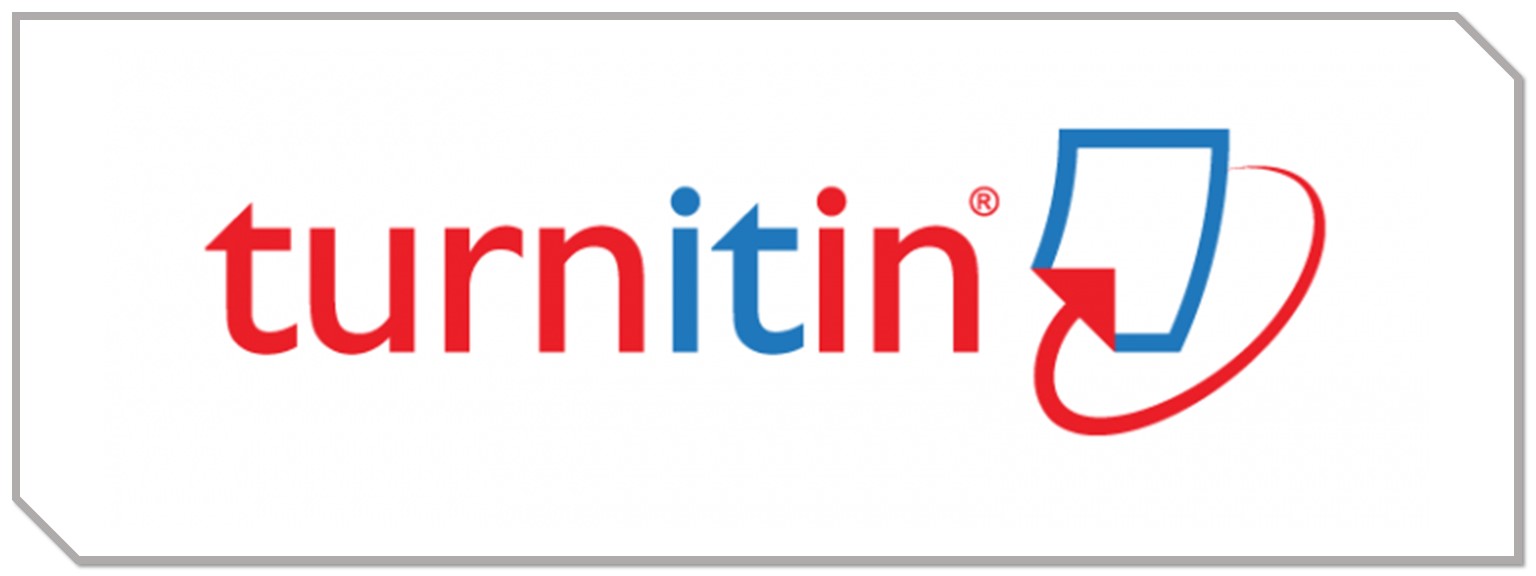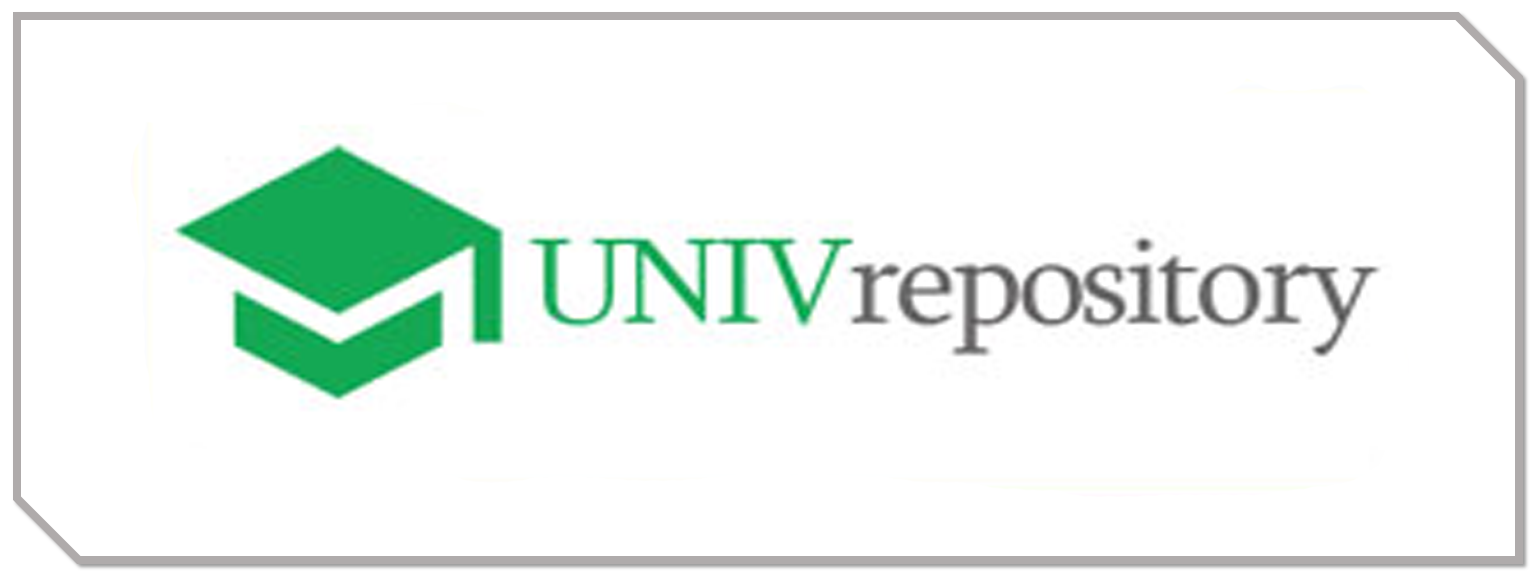Studi Perbandingan Pemikiran Muhammad Abduh dalam Tafsir Al-Manar dengan Wahbah Al-Zuhaili dalam Tafsir Al-Munir Tentang Konsep Riba
Keywords:
Muhammad Abduh, Wahbah al-zuhaili, The concept of usuryAbstract
This study entitled aims to describe the thoughts of the two figures about the law of usury. Muhammad Abduh and Muhammad Rasyid Rida view that what is called usury is if it increases many times, while according to Wahbah al-Zuhaily, he views that the additional excess in repaying the debt, even if it is small, is classified as usury and is unlawful. This type of research is library research, namely research that uses library materials as the main source. The nature of this research is descriptive-comparative, describing the thoughts of Muhammad Abduh and Muhammad Rasyid Rida with Wahbah al-Zuhaily in a systematic and objective manner. The differences in this research are because the scientific studies of the two are different. The difference is, Muhammad Abduh and Muhammad Rashid Rida allow a little usury based on the sentence adh'âfan mudhâ'afah in the letter Ali-Imran/03: 130 which is a condition of prohibition. Meanwhile, Wahbah al-Zuhaily views that a little or even a lot is part of usury. And he views that the sentence adh'âfan mudhâ'afah is not a condition for determining the law of usury, but this verse is only an example of the practice of usury in the Jahiliyyah era. Even though both of them are haraam about usury, they each have a relaxed attitude towards usury. As for Muhammad Abduh and Muhammad Rasyid Rida, they allowed a little excess and was not considered usury, while Wahbah al-Zuhaily allowed usury in times of emergency and need.








